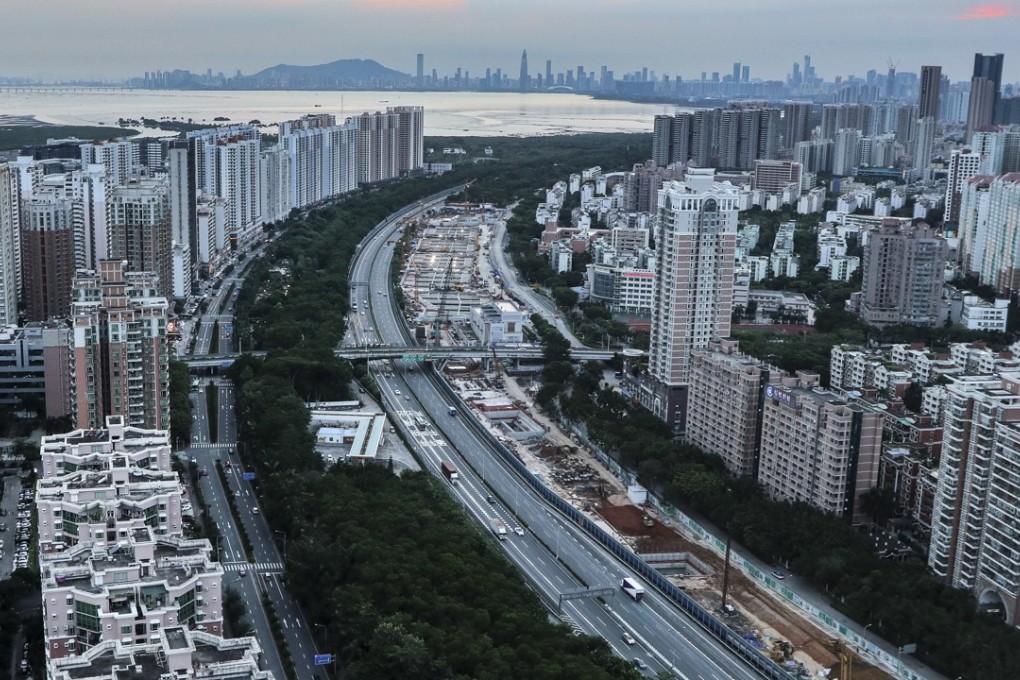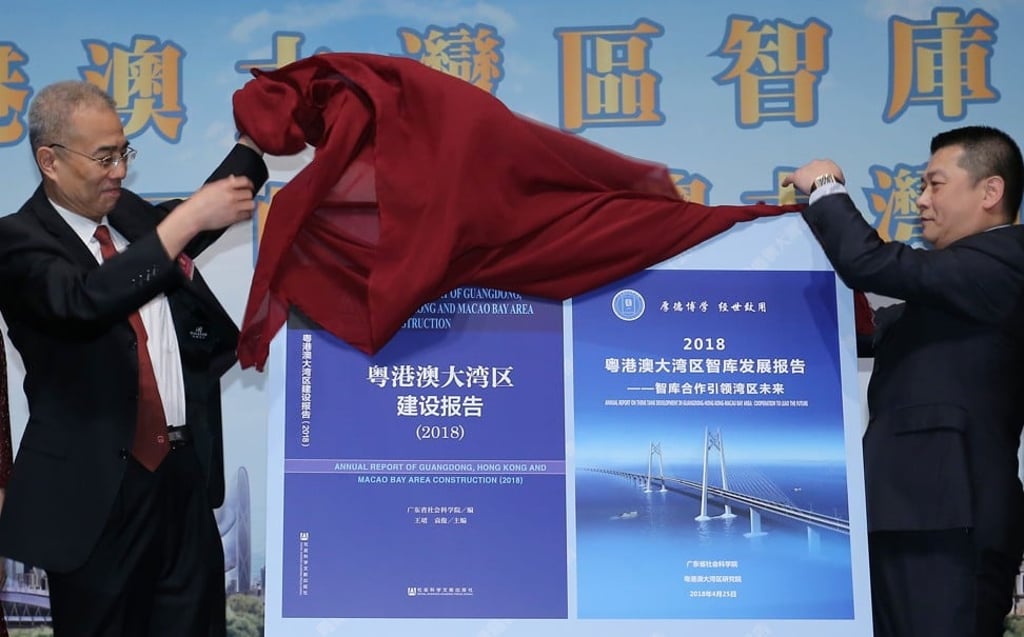Will Hong Kong be able to play a central role in Greater Bay Area project?
City needs to pursue the development of innovation and technology industries to ensure it emerges as the region’s ‘Silicon Valley’

Hong Kong could take a lead role in southern China’s Greater Bay Area (GBA) initiative by pursuing the development of innovation and technology industries, and emerge as the region’s “Silicon Valley”, says Jane Cheng, head of the Association of Chartered Certified Accountants (Acca), Hong Kong.
Cheng says the Hong Kong government must act to ensure the city optimises its role in the GBA, a proposed joint economic cluster of 11 cities in southern China, including Macau.
“Hong Kong should work to diversify its economic structure by encouraging the development of new industries such as the innovation and technology industry,” says Cheng in a report. “By pursuing these objectives, Hong Kong will have a better chance of capitalising on the significant opportunities arising from the development of the GBA.”

In addition to Hong Kong and Macau, the GBA includes Shenzhen, Guangzhou, Zhuhai, Zhaoqing, Dongguan, Huizhou, Foshan, Zhongshan and Jiangmen. The aim is to create a world-class city cluster that could overtake similar economic zones, such as the San Francisco Bay Area and Greater Tokyo.
Hong Kong is the biggest economy of the 11 cities in the GBA project, with GDP of US$319 billion in 2016, Acca says. Guangzhou and Shenzhen are expected to overtake Hong Kong, in the near future and are already snapping at the city’s heels.
Guangzhou enjoyed GDP of US$285 billion in 2016 while Shenzhen’s was US$283 billion.
The GBA as a whole has a GDP of US$1.34 trillion for a population of 68 million. Greater Tokyo (population 43.5 million) is worth US$1.78 billion in terms of GDP. Hong Kong is a world-class financial centre with a mature legal system and high-end professional services, and is one of the world’s freest economies.
But the Acca report says the city must work to strengthen its expertise in the region to support an intended role as the GBA’s innovation and technology hub.
“Hong Kong needs to reinforce its position and competitive advantage as the leading financial and commercial centre with the highest international standards and business practice expertise,” Acca says. “It is equally essential for Hong Kong to fully grasp the opportunities presented by the GBA initiative to diversify its economic structure and transform itself into an innovation and tech hub.”
China Premier Li Keqiang, in March, said an implementation plan for the region would be released soon, while Hong Kong has already taken up the baton with the development of the Lok Ma Chau Loop into the Hong Kong-Shenzhen Innovation and Technology Park (HSITP) on the border of the two cities.
The transformation of the GBA into an innovation and technology hub remains a key priority
This project is aimed at leveraging the technological strengths of the GBA cities and assisting companies explore global markets. In addition, it provides the conduit for foreign companies to move into the mainland China market.
The Hong Kong government has also pledged HK$20 billion for the HSITP as part of an overall allocation of HK$50 billion to support innovation and technology development.
According to KPMG, other important focus areas to ensure GBA growth include investing in high-value manufacturing, biotechnology, fintech, artificial intelligence and robotics, R&D, nurturing technology talent and smart city development.
“The transformation of the GBA into an innovation and technology hub remains a key priority,” KPMG says. “This presents a number of opportunities for businesses, innovators and other key stakeholders to develop and test their ideas, deepen the talent pool, connect with strategic partners and drive innovative and digitally driven growth.”
KPMG identifies innovation ecosystem, digital transformation, smart city development and a new economy as the main pillars of development for the GBA.
“Becoming a technology and innovation hub presents an opportunity for companies to focus on optimising their digital strategy. This may include digital transformation to maximise resources and talent, improve or automate processes and create more business opportunities,” KPMG says in a report.
The report adds that the GBA could develop into a “mega smart city”, thanks to the fast-paced integration of cities in Guangdong.
“In addition to enhancing the connectivity and ease of doing business in the region, this is likely to encourage innovation, attract talent and promote the sharing of information. [Also], the creation of an innovation hub in the region will help to nurture next-generation New Economy innovative businesses, and strengthen the region’s position as a centre to develop and test new ideas.” the report says.